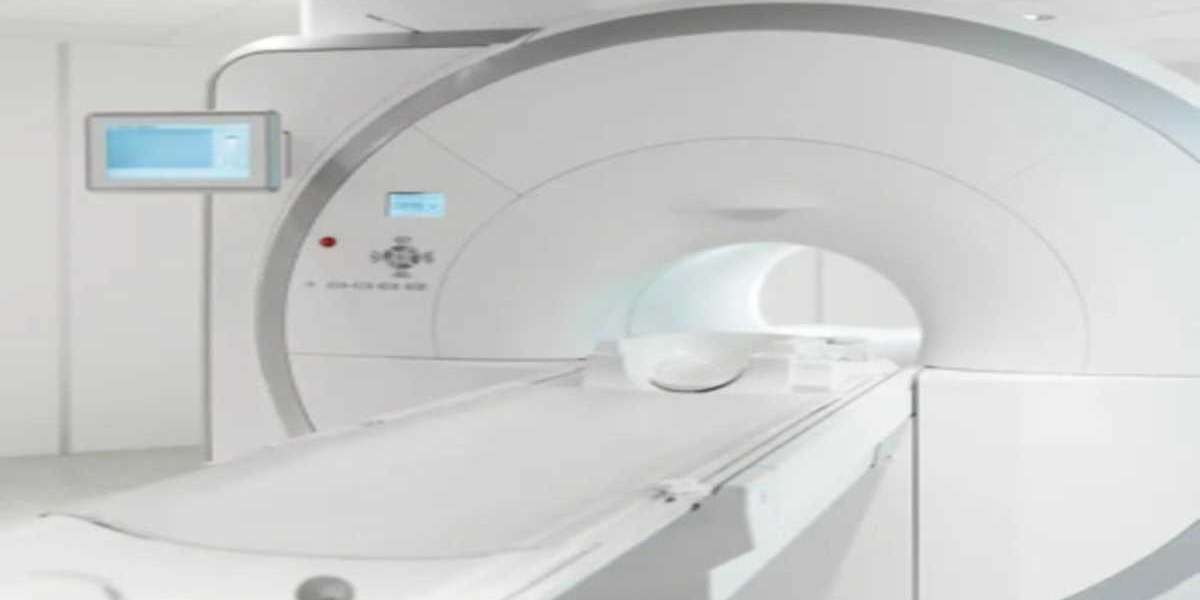Every cancer journey is unique, and so should be the treatment approach. Advances in modern oncology emphasize the importance of creating care plans that address not just the disease, but also the individual behind the diagnosis. Personalized care in Radiation Oncology Treatment allows doctors to focus on the specific type of cancer, its stage, and the unique needs of each patient, ensuring that treatment is both effective and compassionate.
Personalized planning begins with a detailed evaluation of the patient’s medical history, diagnostic reports, and imaging studies. These insights help oncologists determine the right dosage, technique, and schedule for radiation therapy. By tailoring the plan to the individual, the treatment becomes more targeted, which not only enhances effectiveness but also reduces unnecessary side effects.
In radiation oncology, precision plays a vital role. Advanced imaging technologies such as CT, MRI, and PET scans provide oncologists with accurate details about tumor size, location, and surrounding structures. This ensures that Radiation Oncology Treatment can be directed at the cancer cells while sparing as much healthy tissue as possible. The result is a balance between controlling the disease and maintaining the patient’s quality of life.
Another important aspect of personalization is understanding the patient’s overall health condition. Factors such as age, pre-existing medical conditions, and lifestyle habits influence how the body responds to treatment. For example, a younger patient may receive an intensive radiation schedule, while an elderly patient may need a gentler approach to minimize fatigue and other side effects. These adjustments ensure that care is tailored to promote safety and comfort throughout the process.
Collaboration also forms the heart of personalized oncology care. A team of specialists—including radiation oncologists, medical oncologists, surgeons, dietitians, and psychologists—work together to build a comprehensive plan. By combining expertise from different fields, patients receive care that addresses physical, emotional, and nutritional needs, creating a supportive environment at every stage of treatment.
Modern Radiation Oncology Treatment also offers multiple techniques to fit patient-specific requirements. Options such as intensity-modulated radiation therapy (IMRT), image-guided radiation therapy (IGRT), and stereotactic body radiation therapy (SBRT) allow for high precision targeting. The choice of technique depends on the cancer’s location and progression. For instance, brain and lung cancers may benefit from stereotactic treatments, while larger tumors may be managed with IMRT. This flexibility ensures that no two treatment plans are ever the same.
Patient involvement is another critical element of personalization. Open communication helps patients understand their treatment goals, possible side effects, and what to expect during each stage. This not only reduces anxiety but also empowers patients to actively participate in their journey. When patients feel informed and supported, their overall outlook improves, leading to better adherence and positive outcomes.
Supportive care goes hand in hand with radiation treatment. Personalized care plans may include dietary guidance to boost immunity, physical activity recommendations to maintain strength, and counseling to address emotional well-being. These additional layers of care create a holistic approach where patients are not defined solely by their illness but supported in living fuller, healthier lives during and after treatment.
Monitoring progress is essential to ensure that the treatment remains effective. Regular assessments help oncologists evaluate how the cancer is responding and make necessary adjustments. Sometimes the dosage may be fine-tuned, or the treatment schedule altered to better suit the patient’s evolving condition. This adaptability highlights the truly personalized nature of Radiation Oncology Treatment.
In addition to medical precision, compassion forms the foundation of patient-centered oncology. Every individual undergoing cancer treatment faces emotional challenges, and personalized care ensures that these feelings are acknowledged and addressed. Whether through counseling services, support groups, or one-on-one discussions with doctors, emotional well-being is considered just as important as physical recovery.
The future of radiation oncology continues to evolve with innovations like artificial intelligence, genetic testing, and adaptive radiotherapy. These advancements will make personalization even more refined, allowing oncologists to design treatment strategies based on a patient’s genetic profile or real-time responses during therapy. Such progress promises greater accuracy, fewer side effects, and improved survival rates.
Personalized care plans are more than medical strategies—they are an assurance that each patient is valued as an individual. With compassionate professionals, advanced technologies, and a commitment to holistic support, Radiation Oncology Treatment becomes not just a medical procedure, but a path toward hope and healing.
Conclusion
Cancer treatment requires more than a one-size-fits-all approach. Personalized care plans in radiation oncology ensure that each patient’s unique needs are considered, leading to safer, more effective, and compassionate outcomes. For individuals seeking trusted cancer care, ICCG India in Chennai is dedicated to offering comprehensive and personalized services, combining medical excellence with heartfelt support.


